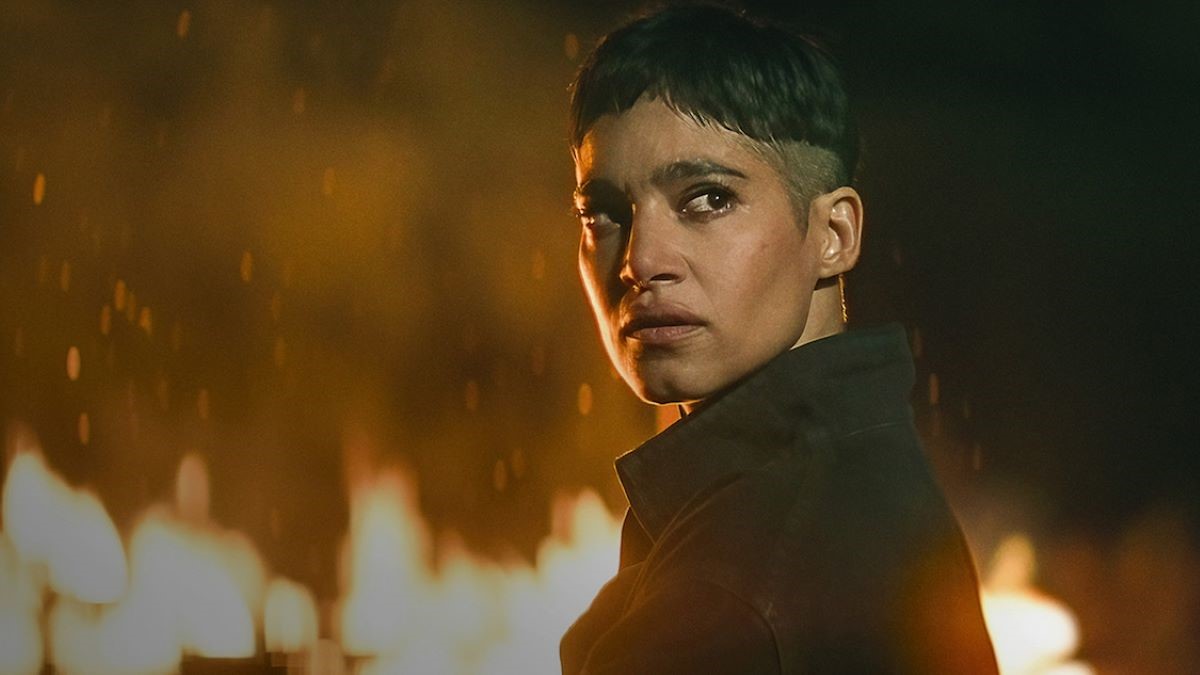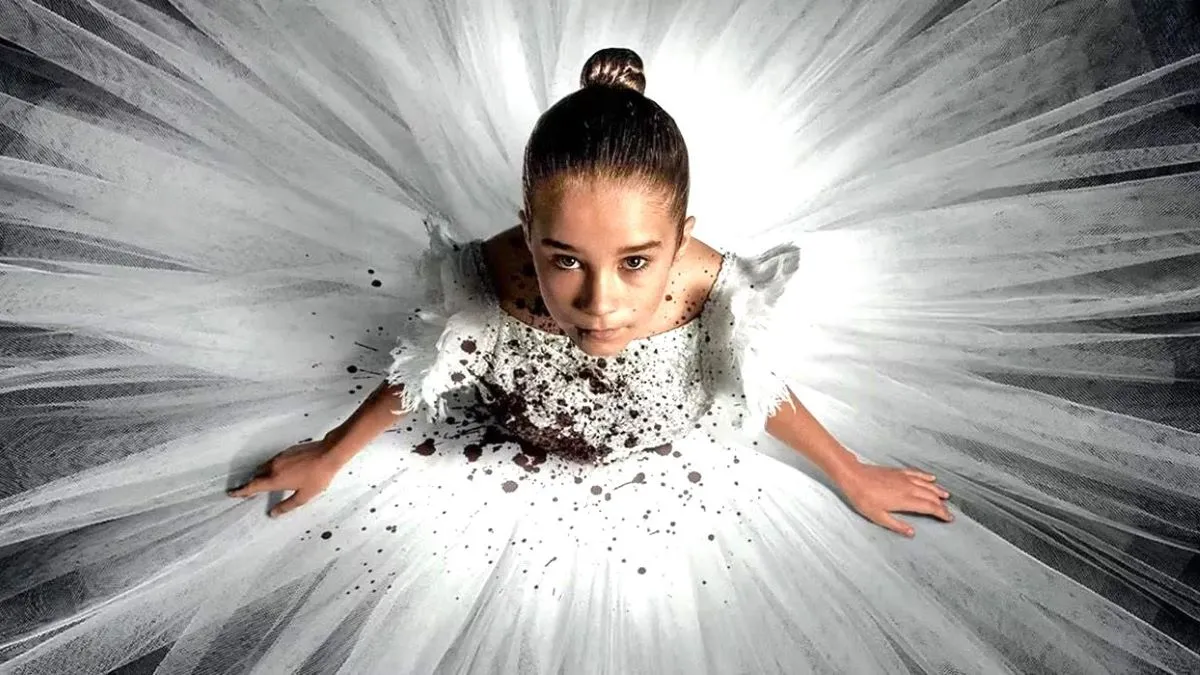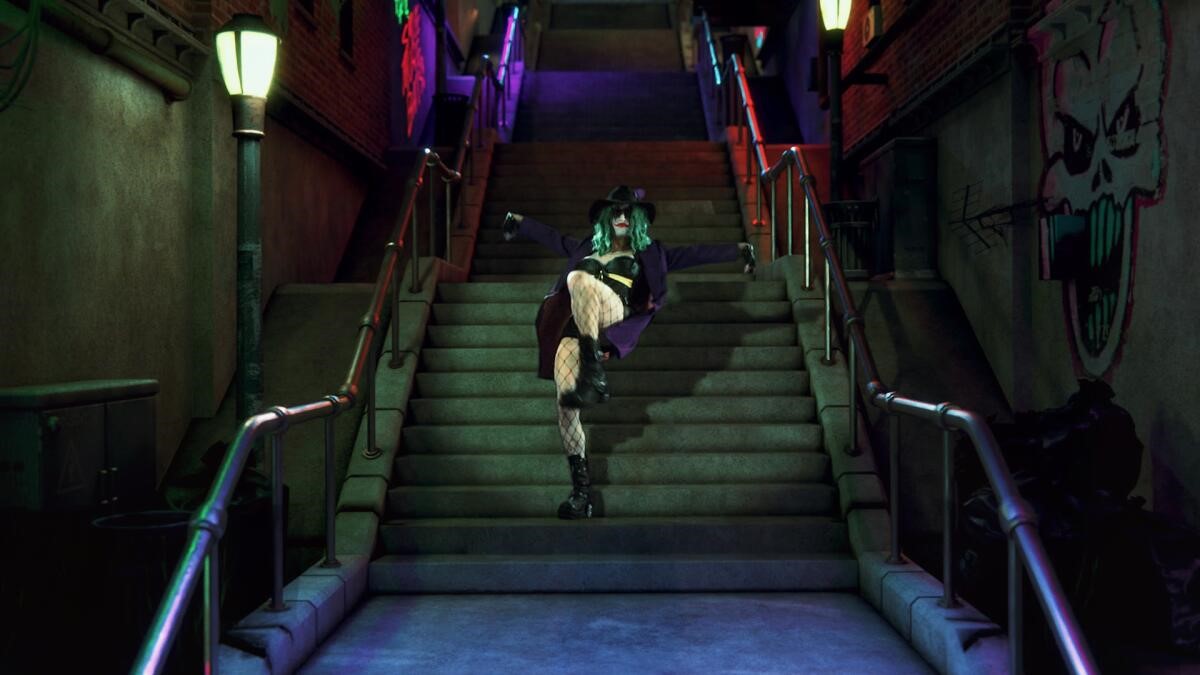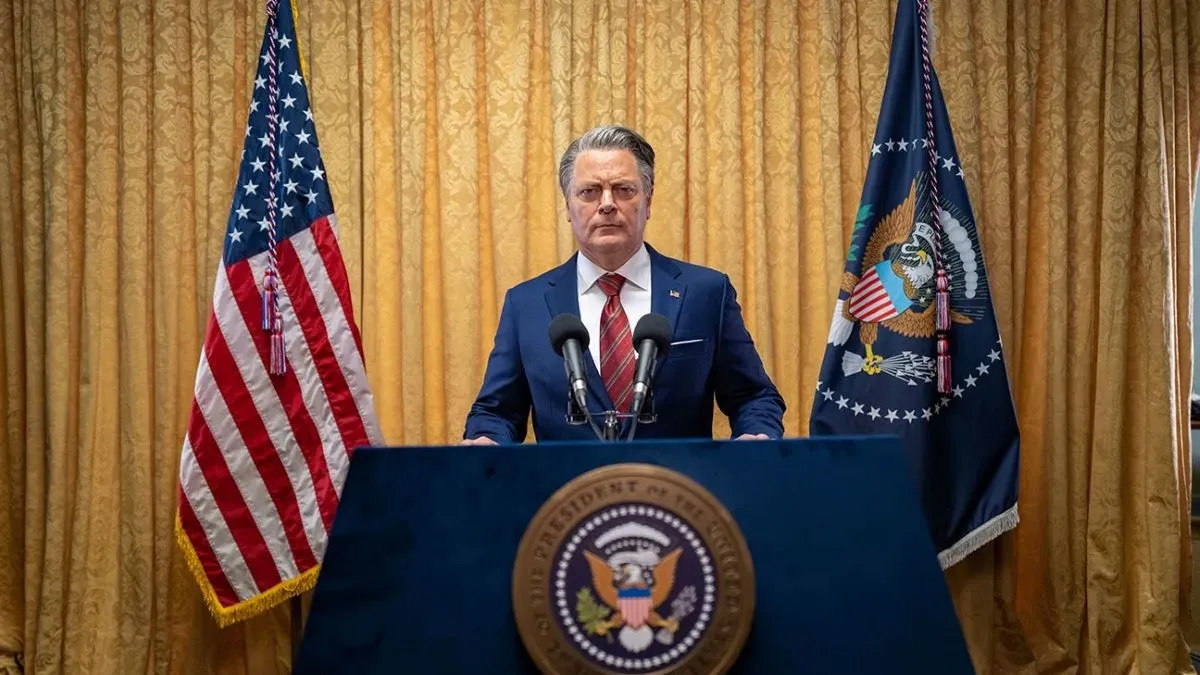
Thus, when it comes to Walt, the dispersal of tension acts paradoxically as a heightening of dramatic unease. The confrontation both Walt and the audience expected has been delayed, but in Walt’s mind, at least, it could still happen at any moment, and he has to prepare himself for what he will do when it arrives. So he lies to his family for the umpteenth time – which, after his impeccably performed symphony of dishonesty last week, is rather horribly put together and presented, so much so that even Walter Jr. sees through it (if not all the way) – and moves them to a hotel, where Skyler (who, unlike Walter Jr., fully understands what is actually going on) confronts him about the situation.
Up to that point, I was a tad confused by Walt’s seeming desire to resolve the Jesse situation peacefully (as expressed in the car with Saul, which is a great scene filled with absolutely crackling dialogue). Would Walter White, at this point in his career, with so many bodies left in his wake, be anything less than ruthless in dealing with Jesse? But the confrontation with Skyler is an exquisite character moment – for my money, the best and most insightful one concerning Walt himself since Season 4 – because it clarifies just how much trouble Walt has seeing the forest for the trees. Skyler’s logic, however depressing, makes perfect sense – with the situation as dire as it is, and with the number of people Walt has killed in the past, why not put Jesse down and be done with it? Walt, however, thinks he can make peace with Jesse via a nice long chat (even though his fib with the gasoline proves he is not an all-powerful orator). The difference in their respective points of view is that Skyler can view Walt’s criminal career holistically, and see him for the overall, ruthless monster he has been, while Walt is, of course, living in his own moment, and while he probably considers himself a mastermind of some sort, ‘murdering mastermind’ is probably not the title he would give himself. Walt wants to believe he can resolve this situation without violence, but the truth is, when one looks at the last year-plus of his life in context, one is hard pressed to find a problem he did not tackle with bloodshed and brutality. Skyler sees it. The audience sees it. Walter White does not.
And it is specifically because the tension was dispersed earlier, back at the house, that the show is allowed to arrive at this truly significant moment. Had Walter and Jesse confronted each other at the house, the show would probably have had to A) end right then and there with a mutual double homicide, and B) push Walt to committing instinctive violence. And that would be interesting and explosive and exciting, but it would not, necessarily, lend us insight into who Walter White is at this point in time. Because the tension disperses, and Walt is allowed to mull things over as his fear of Jesse stews, we get to see how he actually views himself, Jesse, and the situation at large. And I value that immensely, because my main complaint with last year’s episodes, and something I have been waiting for this final batch to address, is how little I feel I understand Walter White. Last year, he was a manipulative, inhuman monster from start to finish, with nary a shred of humanity in sight. This year, he seemed to have regained some semblance of humanity, whether it was honest or not – and “Rabid Dog” puts that all in context by clarifying that while Walter White has done horrible, horrible things (and is obviously perfectly proud of many if not most of them), he is, like most people, trapped in his own perspective, unable to sense exactly what his actions have meant holistically, and confused as to why he cannot simply live in peace now that he has retired.
Walter White is, simply put, blind, just as blind as he was back in Season 3, when Mike informed him of the danger of taking half-measures. He thinks he could have his empire, step away, and continue to be on top, away from reproach or violence, but he is, of course, wrong. And for Walter White, the arc of “Rabid Dog” is one of taking off those self-imposed blinders, seeing the situation for what it really is, and, in the end, getting his hands dirty once more by calling Todd to put a hit out on Jesse. For the second time in his life, Walt has learned he is long past the point of taking half-measures; only going all in can save him now.
So when it comes to Walt’s point of view, I can ultimately forgive the two dispersals of tension, because I feel both – the absence of Jesse at the house, and Jesse calling, rather than meeting, him at the park – push Walt to interesting points. “Rabid Dog” is unquestionably a transitional episode, but I find the transitions interesting, and when it comes to Walt, I feel it delivers some long-awaited character introspection.
Continue reading on the next page…






